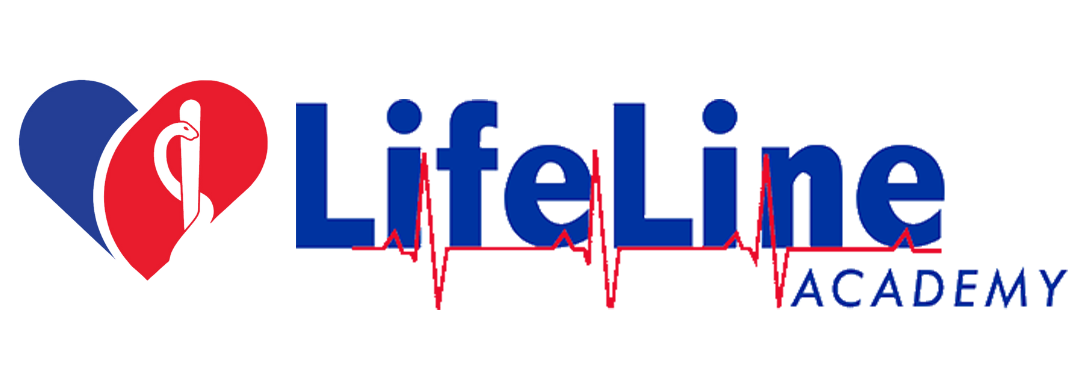FAQ
Learn more about our academy + becoming an EMT
What is an EMT?
An Emergency Medical Technician (EMT) is an emergency responder trained to provide emergency medical care to the critically ill and injured. Depending on where they work, EMTs may be solely responsible for the treatment and transportation of their patients or assist a paramedic, nurse, physician or other advanced life support provider Once thought of as an “ambulance driver or attendant,” the modern EMT performs many more duties than in the past, and responds to many types of emergency calls, including medical emergencies, hazardous materials exposure, childbirth, child abuse, fires, rescues, injuries, trauma and psychiatric crises EMTs are trained in practical emergency medical knowledge and skills that can be deployed within a rapid time frame. Patient treatment guidelines are described in protocols following both national guidelines and local medical policies. The goal of EMT intervention is to rapidly evaluate a patient’s condition and to maintain a patient’s airway, breathing and circulation by CPR and defibrillation. In addition, EMT intervention aims to control external bleeding, prevent shock, and prevent further injury or disability by immobilizing potential spinal or other bone fractures, while expediting the safe and timely transport of the patient to a hospital emergency department for definitive medical care.
What Kind of work will I perform?
EMT’s provide patient care in many emergency and non-emergency situations including medical transfers where the EMT will stabilize a sick or injured person and transfer them to an appropriate medical facility. This course will prepare you to assess patients, control bleeding, apply splints, assist with childbirth, administer medications, perform CPR & other basic life support skills. Some examples include but are not limited to:
- Allergic reactions
- Car Accidents
- Diabetic Emergencies
- Cardiac Emergencies
- Head, Neck or body injuries
- Mental Health Illness
- Seizures, strokes and more
Where can I work as an EMT?
- Ambulance Services & Fire Departments
- Clinics, Immediate Care Centers & Urgent Aids
- Emergency Rooms
- Hospitals
- Nursing Facilities & More
Who can benefit from becoming an EMT?
Many EMTs become Paramedics, Firefighters, Physician Assistants, Medical Students, Police Officers, Registered Nurses & More!
How is this program different than taking it at a college?
LifeLine Academy prides itself on being able to diligently concentrate on working with our students one on one with many available resources. From direct instructor time to access to tutors and in field personnel assisting students; our program exceeds the college norm of access without the extra expenses. LifeLine Academy also assists in direct job placement with its parent company LifeLine Ambulance LLC.
Where can I find more information about Emergency Medical Technicians?
National Association of Emergency Medical Technicians http://www.naemt.org/
National Highway Traffic Safety Administration. Office of Emergency Medical Services http://www.ems.gov/
National Registry of Emergency Medical Technicians http://www.nremt.org/
What does an Emergency Medical Technician (EMT-Basic) do?
- Respond to 911 calls for emergency medical assistance, such as cardiopulmonary resuscitation (CPR) or bandaging a wound
- Assess a patient’s condition and determine a course of treatment
- Follow guidelines that they learned in training and that they receive from physicians who oversee their work
- Use backboards and restraints to keep patients still and safe in an ambulance for transport
- Help transfer patients to the emergency department of a healthcare facility and report their observations and treatment to the staff
- Create a patient care report; documenting the medical care they gave the patient
- Replace used supplies and check or clean equipment after us.
What kind of qualities do I need to become an Emergency Medical Technician (EMT-Basic)?
- Compassion: EMTs and paramedics must provide emotional support to patients in an emergency, especially patients who are in life-threatening situations or extreme mental distress.
- Interpersonal skills: EMTs almost always work on teams and must be able to coordinate their activities closely with others in stressful situations.
- Listening skills: EMTs need to listen to patients to determine the extent of their injuries or illnesses.
- Physical strength: EMTs need to be physically fit. Their job requires a lot of bending, lifting, and kneeling.
- Problem-solving skills: EMTs need strong problem-solving skills. They must evaluate patients’ symptoms and administer the appropriate treatments.
- Communication skills: EMTs need to be able to comfort and explain procedures to the patient, give orders, and relay information to others.

